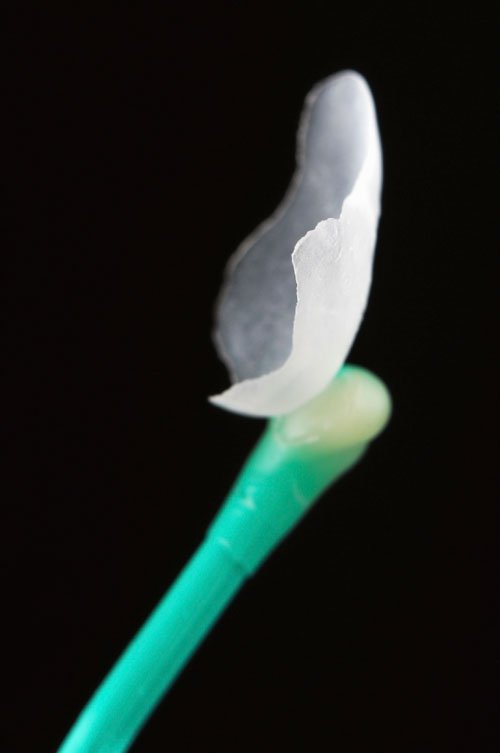Veneers vs Dental Crowns
There’s no shortage of cosmetic dental procedures, but two of the most popular are veneers and crowns. Both are effective options for repairing damaged teeth and improving your smile. However, they’re not interchangeable. It’s important to know the differences between them so you can make an informed decision on which treatment is right for you.
Dental Crowns and Veneers Are Common Options
Dental crowns are a thin, custom-designed “shell” that fits over the front surface of your tooth. They usually cover all or part of the visible part of your tooth and can restore a natural-looking tooth appearance while protecting it from further damage or decay.
You might need a dental crown if you have one or more broken teeth in need of repair, discolored teeth, chipped teeth, or stained teeth.
A veneer is a thin, custom-designed “shell” that fits over the front surface of your tooth. Veneers can be made from porcelain or resin. Each option has its pros and cons.
Porcelain is more natural looking, but it will not last as long as resin. Resin, however, can turn yellow over time and may need to be replaced more often than porcelain veneers. The type of material used depends on your specific needs and preferences.
Both types are bonded to your teeth using a tooth-colored composite resin that blends seamlessly with your natural enamel color.
Though most people think about having their smile improved by getting braces, veneers also change how their smile looks, and they do so without being detected as artificial at all! Veneers are made out of porcelain (or plastic) material which is bonded onto the outside surface where they fit snugly into place.
Differentiating Crowns from Veneers
Unlike a veneer, a crown covers the entire surface of your tooth to restore its shape and strength. A crown can be used after a root canal procedure to protect the tooth from fracturing from normal wear and tear. It also replaces larger fillings or inlays that can't be repaired because they're too big or extensive.
Because they are more complex than veneers, crowns may take longer to make than veneers do. But like any other dental work, the benefit is that once it's completed, you'll have regained all of your teeth’s natural beauty—and some extra protection against future damage.
Veneers are best suited for patients who have discoloration or cracking on just their front teeth. Veneers can also be used to help cover gaps between teeth when there isn’t enough room for traditional dental crowns or dentures.
When you're considering what type of restoration you need, it's important to know that dental crowns are durable and can last 10 years or longer before requiring replacement. With proper oral hygiene and regular dental visits, your veneers can last 10 years or longer before requiring replacement.
Both veneers and crowns are a good option for fixing the appearance of your smile. If you’re considering cosmetic dental work, talk to us about which procedure is right for you.
Contact a professional dentist at ComfortCare Dental to schedule your next oral surgery or consultation session. Make an appointment today at ComfortCare Dental, or contact Kenneth L. Chung, DDS, MPH.



